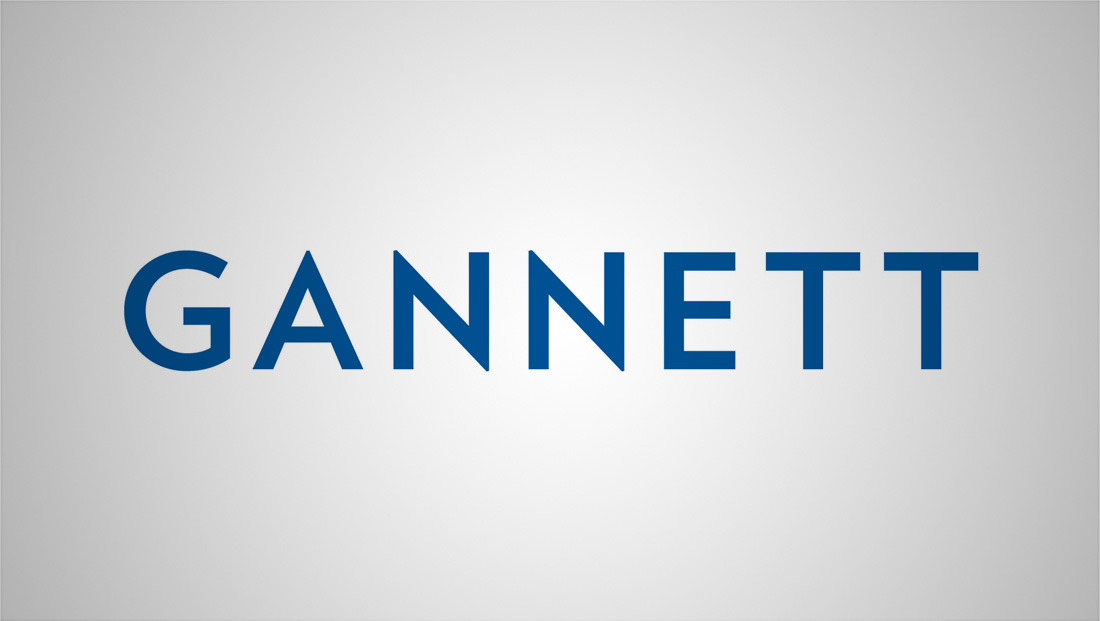Gannett announces unpaid leaves, buyouts, retirement match suspension and other moves to cut costs
By MixDex Article may include affiliate links

Newspaper and digital publisher Gannett has announced significant cuts to its payroll and hiring after reporting a $54 million loss in the second quarter of 2022.
CEO Mike Reed announced that the company would suspend its 401(k) match and require employees to take five days of “mandatory leave” in December.
While staffers will still be able to contribute to their retirement funds, Gannett will no longer kick in a matching portion, Reed wrote in a companywide memo.
The five days of unpaid leave must take place sometime between Dec. 19 and 30, 2022, but does not include Christmas Day.
Gannett is also openly accepting applications for voluntary severance offers, or buyouts, through Oct. 17, 2022, though Reed’s memo did not specify what the offers would entail.
Reed also said the company is freezing hiring with the exception of revenue-generating or critical positions as well as some union ones. It is also accepting applications for workers to take a 20% pay cut in exchange for working fewer hours but still maintaining full-time employment status.
Workers are also being offered the option to take a 6-month unpaid sabbatical.
Gannett did not say how much it expects the moves to save. The company has used unpaid work furloughs, buyouts and other similar moves in the past in order to trim expenses.
Earlier in 2022, the company announced 200 layoffs, or about 3% of its workforce, and said it would leave about 200 open positions unfilled.
New: memo from Gannett CEO Mike Reed announcing “voluntary severance” and other austerity measures at the company: pic.twitter.com/8oqKXBmpOE
— Ben Mullin (@BenMullin) October 12, 2022
Reaction to the announcement was quick and harsh.
Union representatives, Gannett employees and media watchers took to social media to express concern and disappointment in the moves.
Many noted that the company will be forcing employees to essentially take a pay cut during December, a month where households often see increased expenses due to gift-giving and holiday celebrations. Inflation is also driving up prices, so Gannett employees could be dealt a double-blow in that sense.
Other criticisms included claims that the company doesn’t pay some employees overtime, but they end up working extra hours just to get their job done — so taking a pay cut in exchange for working fewer hours would further hurt workers. It wasn’t immediately clear if those claims are true or if those positions are eligible for overtime under labor law, contracts or other agreements.
Staffers also grumbled that Reed spent only 15 minutes making the announcement.
Reed himself is reportedly taking a pay cut through 2023, though the exact amount has not been clarified. In 2021, the latest full year for which SEC filings are available, Reed was paid $900,000 in base salary plus bonuses and stock options that brought his total compensation to over $7.7 million.
That’s about 160 times the amount of the median salary for other Gannett employees.
The company also OK’d a $100 million stock buyback program intended to help its stock price increase, which is one factor that Reed’s compensation is based on. So far, it’s spent about $3 million of that. The company has also sold off nearly $12 million in assets in an effort to reduce its debt.
Gannett stock is trading around $1.36 as of midday Oct. 13, 2022.
Gannett also received $16 million from the Paycheck Protection Program instituted during the COVID-19 pandemic. Legally, these were considered loans but could be forgiven if a company proved it spent the funds on salaries and benefits and maintained certain staffing levels.
Gannett’s moves come as the company’s core business, newspaper and local publishing, struggles against digital offerings. Like most newspapers, Gannett made early moves to get its content online, but typically only made money off ads it showed alongside it, which typically don’t generate comparable revenue to print ads.
Newspapers have also seen classified advertising dry up.
Gannett cut its revenue forecast from $3.1 to $3.2 billion for 2022 to an even $3 billion.
Gannett publishes around 200 newspapers across the country, including its flagship USA Today. In 2019, it merged with GateHouse Media, another local newspaper publisher.
In 2015, Gannett followed an industry-wide trend of splitting its newspaper assets from TV and digital media, forming the broadcasting company known as Tegna.
Tegna operates as a separate company and has its own stock symbol and the changes at Gannett will not directly affect Tegna employees.

